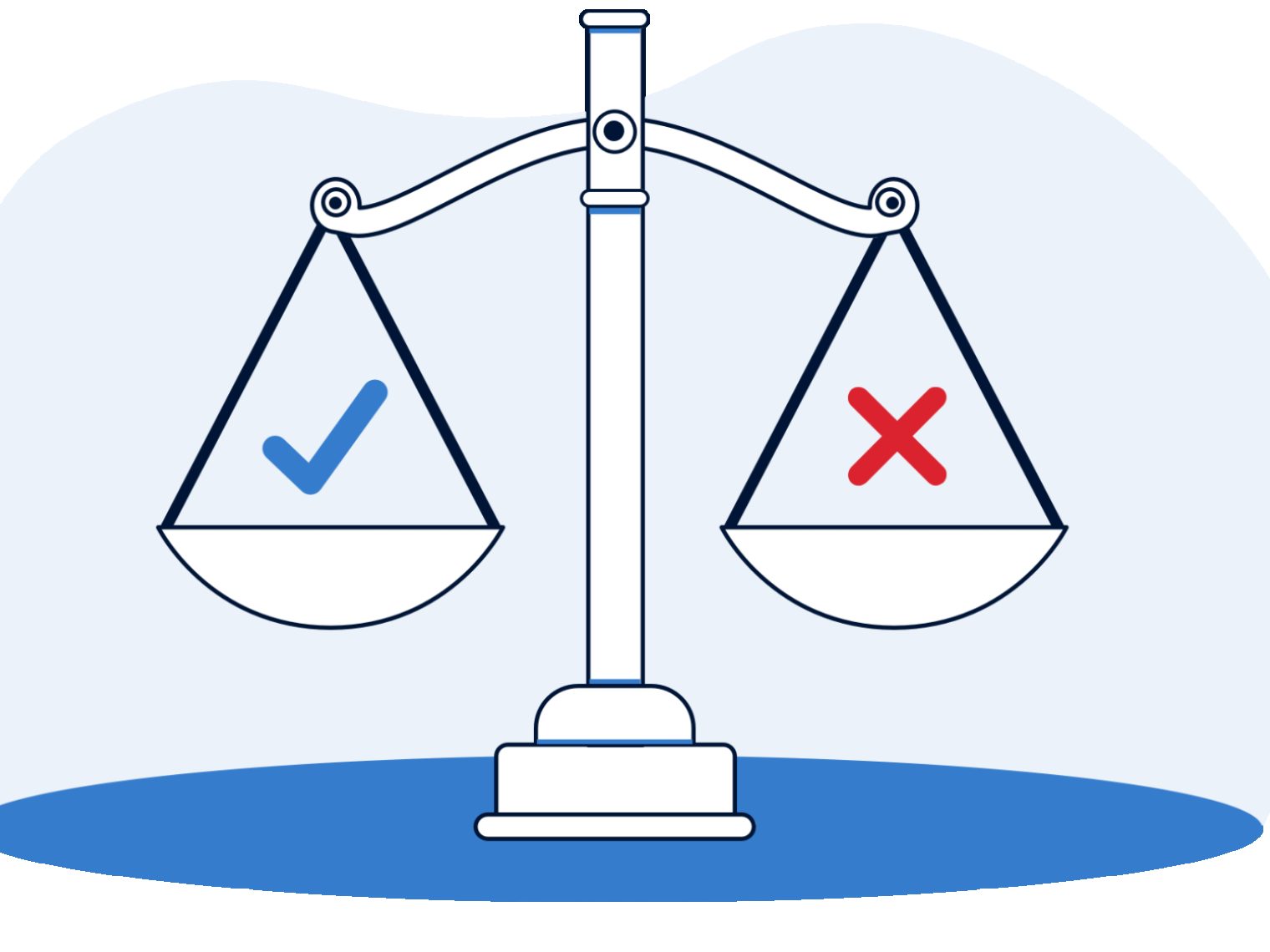Compared to even just a few years ago, mortgage rates remain at or near modern lows. VA homeowners may be wondering how to take advantage by refinancing.
One of the easiest ways to lower your rate—and your monthly payment—is to consider a VA Interest Rate Reduction Refinance Loan (IRRRL), also known as a VA Streamline refinance.
This VA-specific refinance product comes with big benefits for eligible service members and Veterans looking to lower their current VA loan rate. These simple, streamlined refinances are available only to current VA homeowners.
Let’s take a closer look at the four big advantages of the VA IRRRL.
Advantage 1: Simplified Process
Underwriting guidelines vary from lender to lender, but generally speaking, Interest Rate Reduction Refinance Loans are subject to less stringent underwriting guidelines. Since the IRRRL program aims to reduce your rate and lower your payment, these are considered low-risk loans.
In some cases, you may be able to avoid income and asset verification altogether, meaning less paperwork for you during the refinance process. Some lenders may also forego the need for an appraisal, which can lower your closing costs and cut down on the time to close.
Advantage 2: No Out-of-Pocket Costs
Like many refinance products, IRRRL loans typically roll closing costs into the final loan amount. That doesn’t mean you won’t pay any fees for the refinance, but you may be able to avoid bringing cash to closing.
Closing costs that you might see with a VA Streamline include:
- Origination fee
- Discount points (if applicable)
- Prepaid taxes and insurance
- Title fees
- VA Funding Fee
- Recording fees
Some costs and fees will vary depending on the lender and other factors. The funding fee is lower on a VA Streamline (0.5 percent) than for VA purchase loans, and homeowners will often be able to move forward without paying for an appraisal.
Advantage 3: Lowest Average Rates on the Market
VA loan rates consistently fall on the lower end compared with conventional products, which is a lower-than-average rate environment that can mean big monthly payment decreases depending on your current rate.
In fact, they’ve had the lowest average fixed rate on the market for more than five years running, according to data from Ellie Mae.
Advantage 4: Lenient Occupancy Requirements
The VA IRRRL is the only VA loan product that doesn’t require borrowers to certify that they’ll occupy the home as a primary residence post-closing.
That means homeowners have more freedom to lower their payment and save money on a home they’ve converted from owner-occupied status.
Should I Get a Refinance?
As appealing as low rates can be, refinance loans almost always come with costs. What’s the best way to determine if those costs are worth it for you?
One thing to consider is how much you’ll save. VA Streamlines come with rate reduction requirements. In most cases, your new rate would need to be at least 50 basis points lower than your current one in order to satisfy the VA.
For example, a Veteran whose current VA mortgage has a fixed 3.5 percent rate would need to close at 3 percent in order to meet the standard.
Another big consideration is how long it takes to recoup the cost of the refinance. VA IRRRL requirements limit the time to recoup closing costs to 36 months, and it’s a good rule of thumb for those considering other non-cash-out refinance products as well.
Let’s take a look at an example.
We’ll say you’re considering refinancing your $200,000 mortgage from a 4.25% rate to a 3.25% rate. After you refinance, your monthly payments will drop by $114 a month. Your total closing costs are $3,500.
To find the time to recoup, we’ll divide the total closing costs by the monthly savings:
$3,500 / $114 = 30.7 months
In this example, the Veteran homeowner’s recoupment period meets the VA’s 36-month guideline.
If you’re considering a refinance, you’re certainly not alone. Lenders are seeing a huge influx of refinance applications due to low rates. An experienced VA lender can help you assess whether now is the right time for you to benefit from a VA interest rate reduction refinance loan.
Related Posts
-
 VA Renovation Loans for Home ImprovementVA rehab and renovation loans are the VA's answer to an aging housing market in the United States. Here we dive into this unique loan type and the potential downsides accompanying them.
VA Renovation Loans for Home ImprovementVA rehab and renovation loans are the VA's answer to an aging housing market in the United States. Here we dive into this unique loan type and the potential downsides accompanying them. -
 Pros and Cons of VA LoansAs with any mortgage option, VA loans have pros and cons that you should be aware of before making a final decision. So let's take a closer look.
Pros and Cons of VA LoansAs with any mortgage option, VA loans have pros and cons that you should be aware of before making a final decision. So let's take a closer look.
